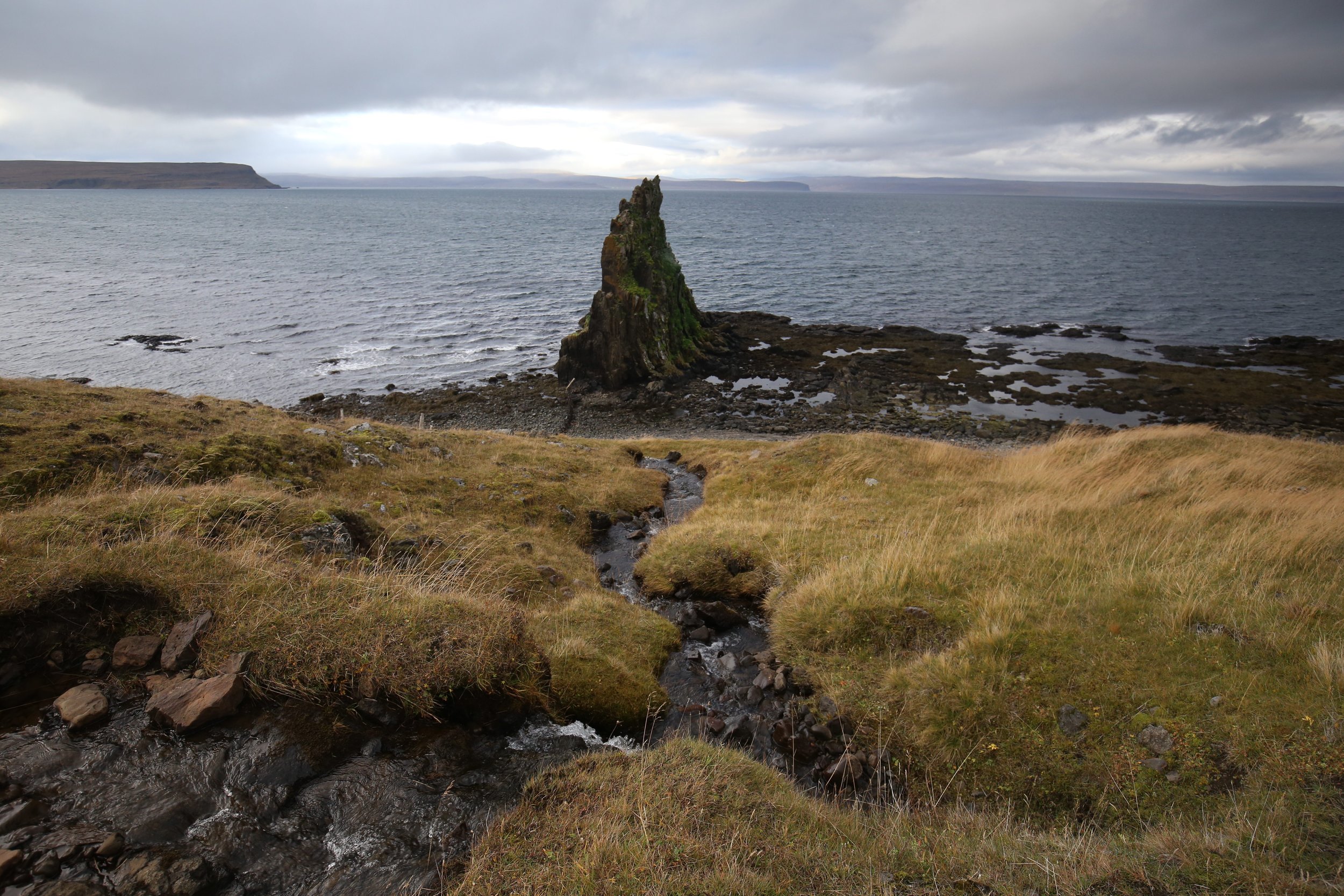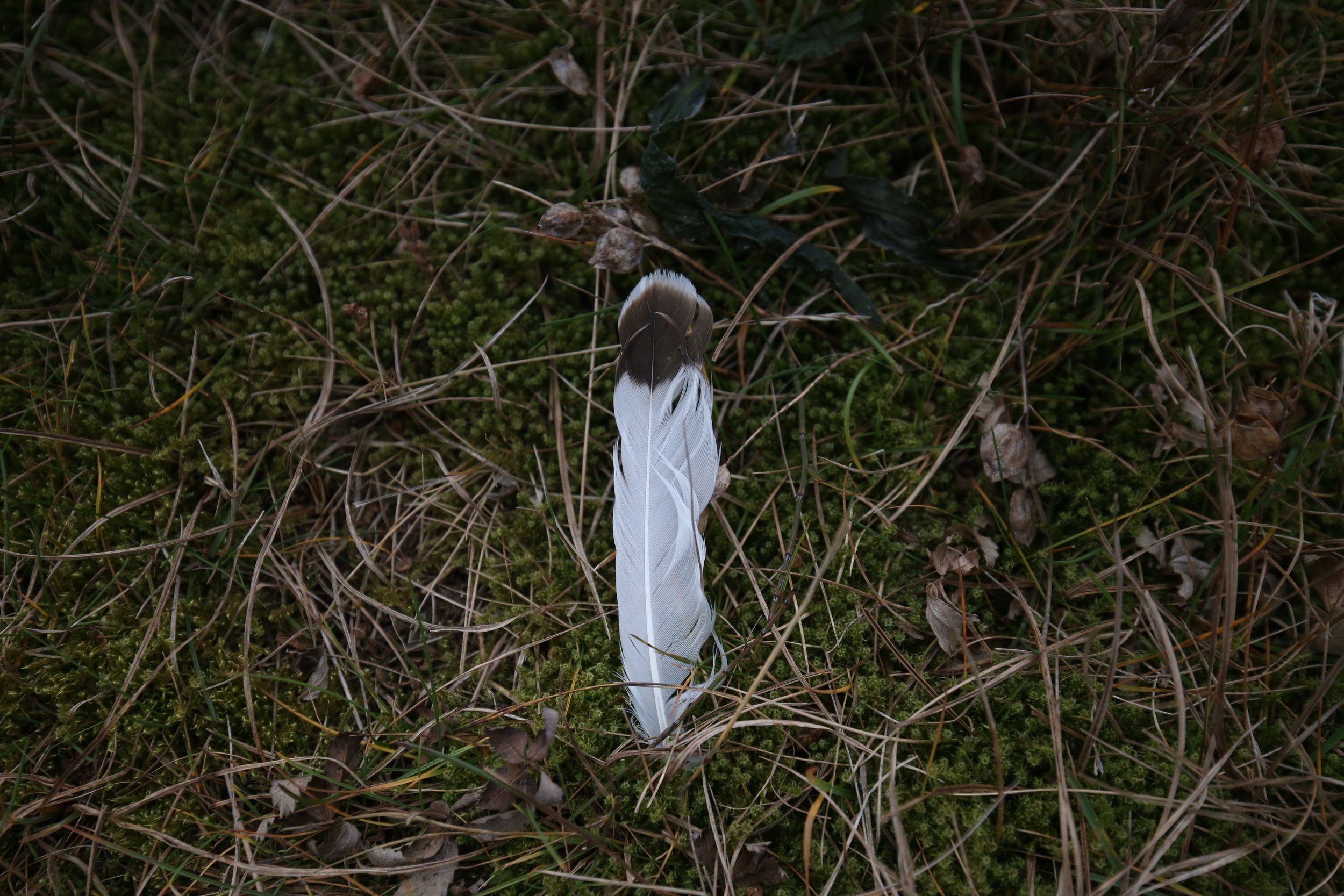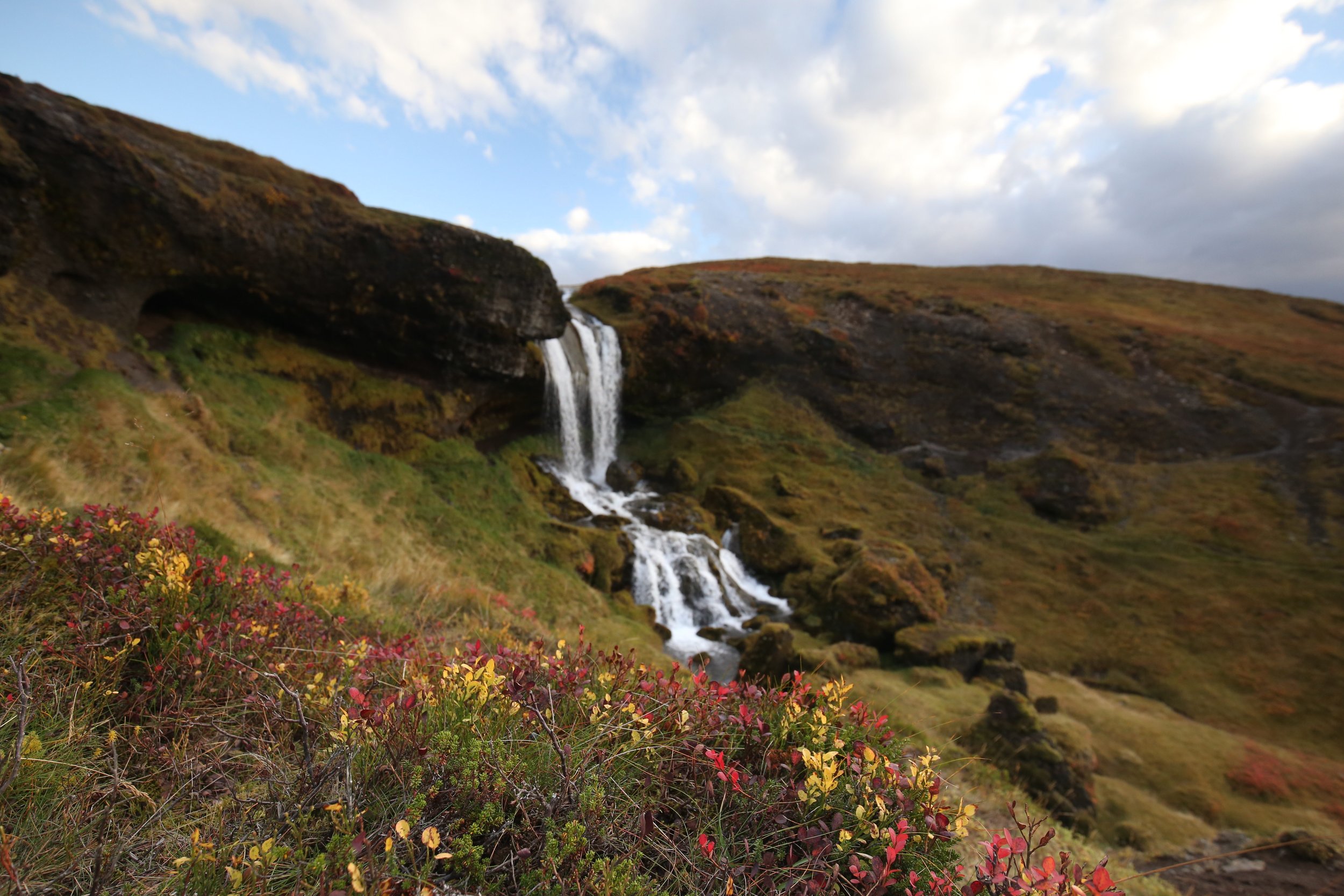ROOTED
from the word root (verb) I \ˈrüt, ˈru̇t\
1. to establish roots (a plant or cutting)
2. establish deeply and firmly
3. have as an origin or cause
WE ARE ROOTED IN THIS EARTH
Our ancestors came from the Earth. Ancient Sumerians believed that the God Enki created humans from a mixture of clay and blood; this idea, that our species was formed from clay, is echoed everywhere: from the Bible to the Quran, Greek myth to Incan legend.
Scientists, too, tell us a story of humanity's formation - from small particles of carbon, we were given a shape that shifted and changed - moulded by the hands of time. We were formed in the wild of this Earth, when trees covered the land, and we moved from the wood to venture in the world, taking to caves during the rains. But ever we spent our days outside, ever we relied on the land to feed and clothe and protect and nourish us.
When we separate ourselves from the Earth, thinking that we dislike the dirt and the cold and the wind, dislike to be outdoors, that we are 'above' such things, then we are kidding ourselves. Our origins are still rooted firmly in the Earth, even if our fruit and vegetables may be foraged from shiny white aisles, packaged in brightly coloured boxes.
To separate ourselves from the wild by so many walls, so many degrees, is to simply enamel a gilt box to trap ourselves in. Even if we spend a whole weekend, or a lifetime, indoors, we cannot escape our need for nature. It only causes us to forget that we need it. For, what happens when we awake one morning to find that the Earth no longer fruits, when the organisms in the soil die out faster than they can regenerate while we spray them with killing potions? When the waters are poisoned, or become too acidic, or are dried up altogether? When the air we breath is no longer breathable? These things, above all else, we rely on to sustain our every moment.
And we may not kid ourselves any longer that our current lifestyles are benign - that they have no affect upon the Earth. To learn of the immediate affects of the Western lifestyle, we need only look to China: that great and varied landmass we have chosen as prime real estate to outsource our modern production methods. Who in their right minds would look at the damage caused by such an outpouring of plastic and pollution and particles and garbage and consumer desire and wish that upon their own country?
But, out of sight means out of mind, right?
No, we say. It is time, we say. Now, more than ever, we are awakening and asking ourselves what is to be done about the state of things.
. . .
. . .
REWILDING OURSELVES
When asked what we need to do to help our world, Zen Master Thich Nhat Hanh answered:
“What we most need to do is to hear within us the sound of the earth crying. (These are) the bells of mindfulness calling us to be attentive, to wake up and listen. The Earth needs our attention. It needs us to help heal its body, damaged by our exploitation, and also its soul, wounded by our desecration, our forgetfulness of its sacred nature. We need to act from a place of real awareness, attentive to the outer and inner need of the Earth.”
This kind of listening happens when we become attentive, grounding ourselves in the present moment while we are in nature. This is a return to the Earth, a re-cultivating of our personal relationship with the great Mother - the one who nourishes all lives.
When we are grounded, that is, when we connect with the Earth through our senses, we may begin to understand her better and thus to respect her more; to even care for her genuinely - as we care for our own health and the health of our families. In fact, it would be revealed to us that these matters are inextricably linked. Let a love of this Earth and a humble gratitude for all she provides guide our important decisions, and you may rest assured that this alone would motivate each person to change their mode of living. Just as we now know what a 'healthy diet' is, but may lack the motivation to eat it, so it is with our environment: we know what needs to change, but the motivation to change must come from within.
I have heard the Earth crying. While walking on a beach strewn with a thousand glistening shards of a nearby glacier. I heard her weeping.
I have also heard her laugh, when she blossoms in the cherry trees, and sends forth a million bright butterflies.
I have listened, hand to rock, to hear the deep voice of waterfalls long gone.
Listening needn't be limited to the hearing organs, but can also be practiced through the other senses.
I can root myself in the Earth, pay every drop of my attention to her, even for just a moment.
I listen like this for a long while when I stand in the pine forest to the East of our house,
and when I sit amongst the rocks and nodding foxgloves, becoming part of the scenery from my window.
I have felt the shift in airs before storms,
have watched the plume-throated Tui gather wool from the fences for its nest,
have felt for yams like nuggets of gold in the cool earth,
have listened to the silence of 24 winters.
Grounding brings me a great joie de vivre - a love of life itself.
. . .
It was with an intent to listen that we came to Iceland - an intent to reconnect with the Earth through this landscape that speaks more openly than any other I have met with...
Soft voices now in the dark under the shifting lights of the Aurora;
Now loud and with a screaming in the wind,
And the raw bubbling power of the geothermal hotpots (excuse her as she belches).
Loving sweet nothings: the bilberries gathered and eaten in the wild close-cropped hillocks.
“You think you own whatever land you land on
The earth is just a dead thing you can claim
But I know every rock and tree and creature
Has a life, has a spirit, has a name
You think the only people who are people
Are the people who look and think like you
But if you walk the footsteps of a stranger
You’ll learn things you never knew, you never knew
Have you ever heard the wolf cry to the blue corn moon
Or asked the grinning bobcat why he grinned?
Can you sing with all the voices of the mountain?
Can you paint with all the colors of the wind?
Can you paint with all the colors of the wind?
Come run the hidden pine trails of the forest
Come taste the sun-sweet berries of the earth
Come roll in all the riches all around you
And for once, never wonder what they’re worth
The rainstorm and the river are my brothers
The heron and the otter are my friends
And we are all connected to each other,
In a circle, in a hoop that never ends
You can own the earth and still
All you’ll own is earth until
You can paint with all the colors of the wind
”

















